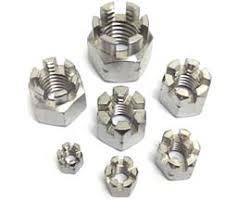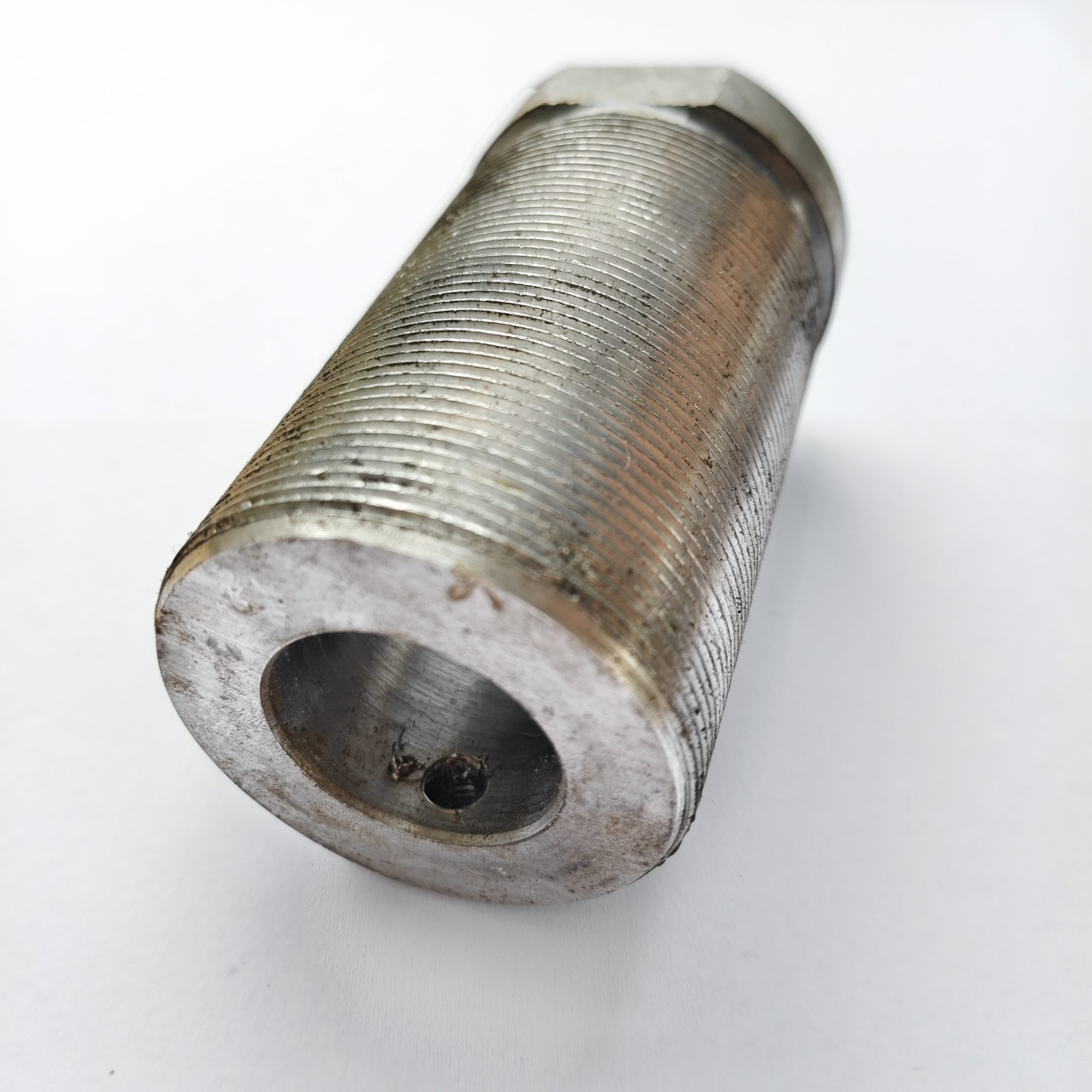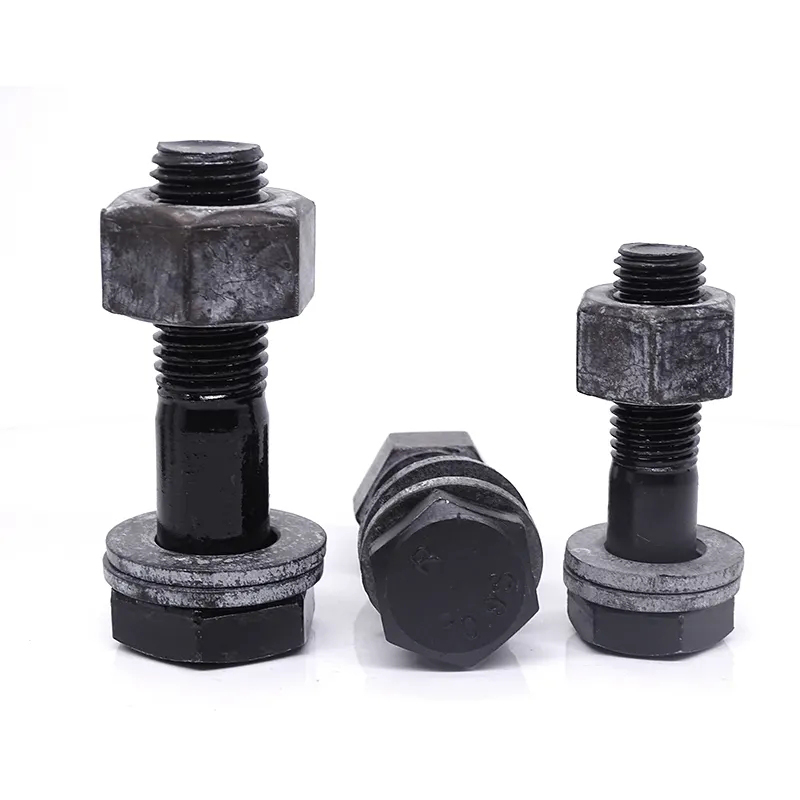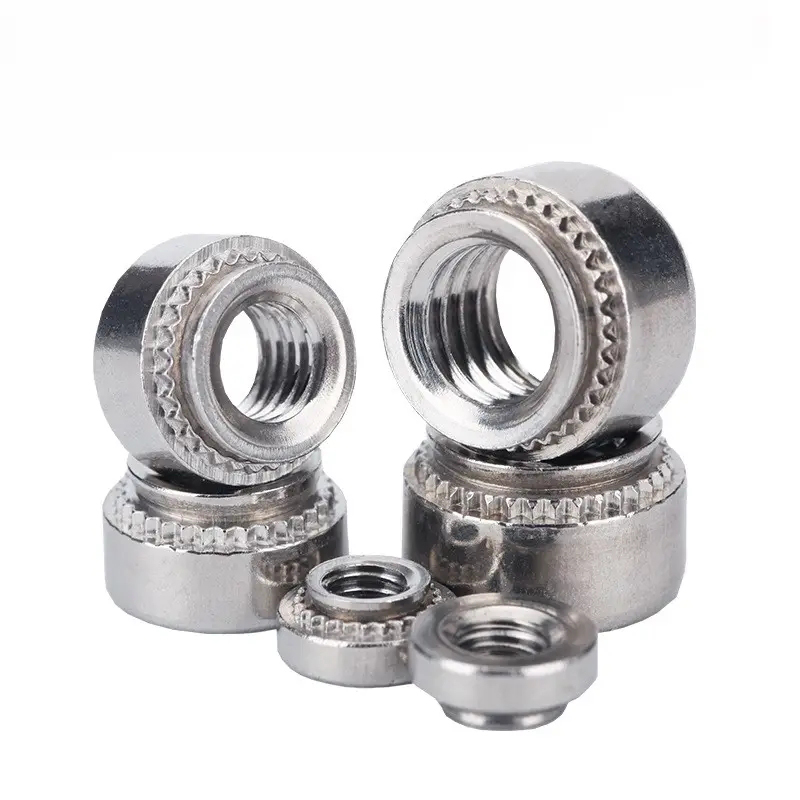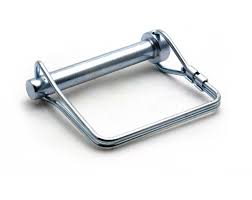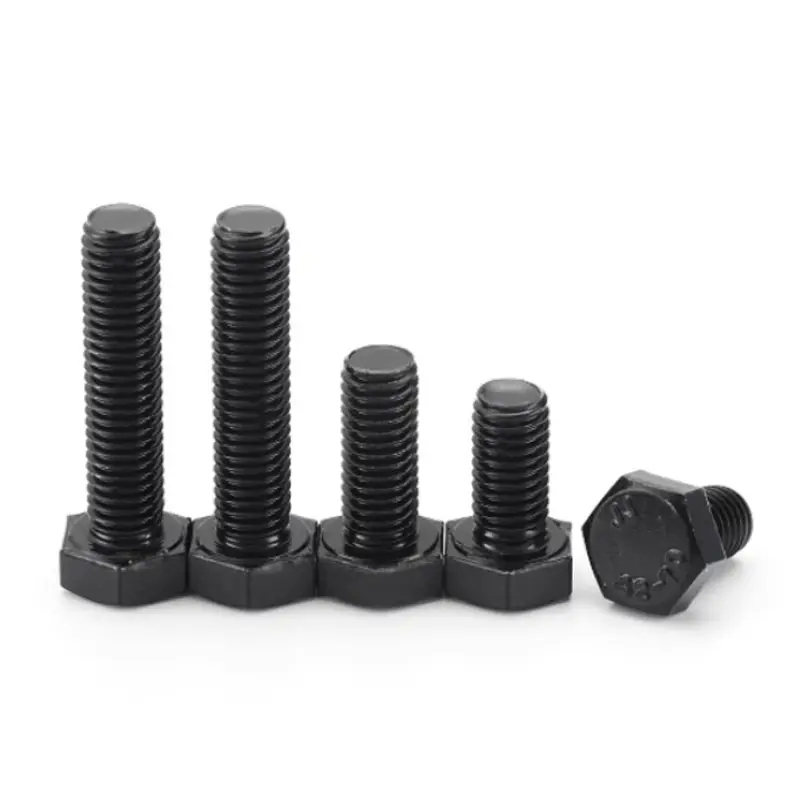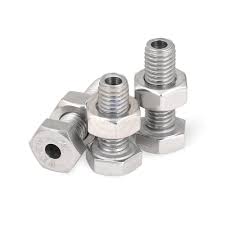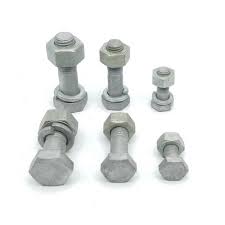

China Anti-Loosening Nut Factory: A Comprehensive GuideThis article provides a detailed overview of the China anti-loosening nut factory landscape, covering types of anti-loosening nuts, manufacturing processes, applications, and key considerations for buyers. We explore the various factors influencing the selection of anti-loosening nuts and provide insights for businesses seeking reliable suppliers in China.
Selecting the appropriate China anti-loosening nut factory and the right nut itself is crucial for ensuring the safety and longevity of your project. The market offers a vast array of anti-loosening nuts, each designed for specific applications and load requirements. Understanding these nuances is key to making an informed decision.
Locking nuts, such as castellated nuts and jam nuts, rely on mechanical methods to prevent loosening. Castellated nuts feature slots for cotter pins, while jam nuts are tightened against another nut to create friction. These are widely used in applications where vibration is a concern.
These nuts utilize a built-in locking mechanism, often incorporating nylon inserts or other deformable materials, that provides a higher clamping force and resistance to vibration. They offer a simpler installation process compared to other methods.
These nuts utilize a variety of all-metal designs to prevent loosening. Examples include those employing internal serrations or unique thread profiles which create a higher level of friction and resistance to loosening.
Choosing a reliable China anti-loosening nut factory is paramount. Consider these critical factors:
Look for factories with robust quality control systems and relevant certifications, such as ISO 9001. This ensures consistent product quality and adherence to international standards.
Assess the factory's production capacity to meet your order volume and required lead times. Delays can significantly impact your project timelines.
Compare pricing from different factories, paying attention to not just the unit cost but also overall shipping and handling charges. Negotiate favorable payment terms.
Effective communication is crucial. Choose a factory with responsive customer service and clear communication channels.
China anti-loosening nuts find applications across numerous industries, including automotive, aerospace, construction, and manufacturing. Their reliability and ability to withstand vibration are essential in these demanding environments.
Thorough research is essential when selecting a supplier. Online directories, industry trade shows, and recommendations from other businesses can help you identify potential China anti-loosening nut factory partners. It's advisable to request samples and conduct thorough quality inspections before placing large orders.
For high-quality anti-loosening nuts and exceptional service, consider exploring options from reputable suppliers like Hebei Dewell Metal Products Co., LTD. They offer a wide range of fasteners, including various anti-loosening nut designs, known for their precision and durability.
| Nut Type | Advantages | Disadvantages |
|---|---|---|
| Locking Nuts (Castellated/Jam) | Simple, reliable, cost-effective | May require additional tools, potentially less vibration resistant than other types |
| Prevailing Torque Nuts | Easy installation, good vibration resistance | May be less reusable than all-metal types |
| All-Metal Locking Nuts | High strength, reusable, excellent vibration resistance | More complex design, potentially higher cost |
Remember to always consult with a fastener specialist or engineer to determine the best type of anti-loosening nut for your specific application. Careful consideration of material, thread size, and application environment is crucial for ensuring optimal performance and safety.




